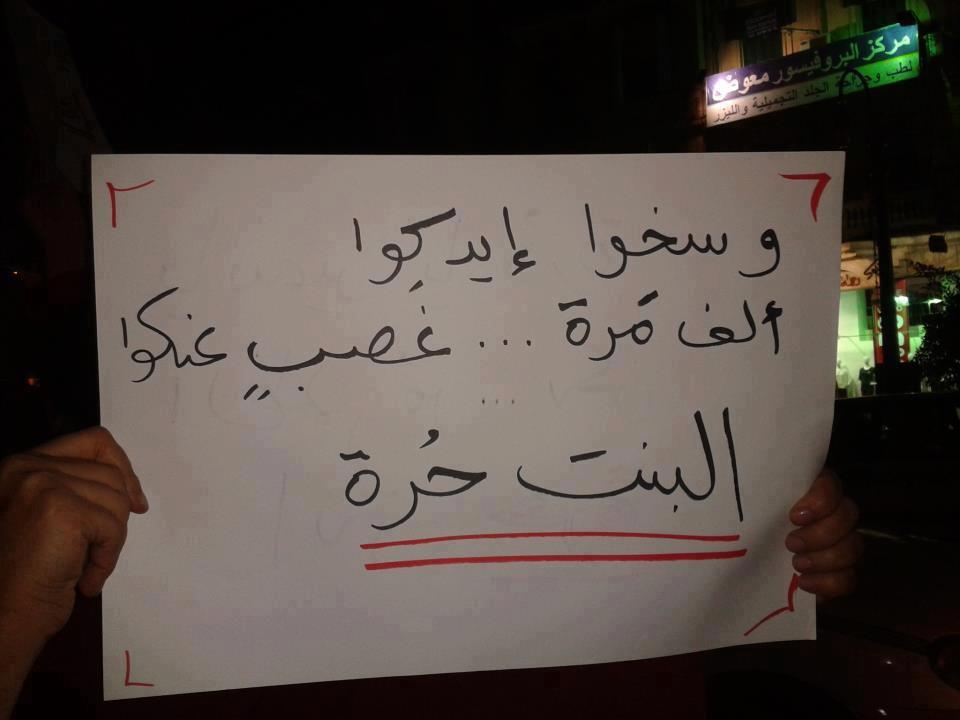UNESCO’s general director Irina Bokova condemned on Friday the destruction of an old cultural site in Yemen’s capital Sana’a by a Saudi airstrike.
“I am profoundly distressed by the loss of human lives, as well as by the damage inflicted on one of the world’s oldest jewels of Islamic urban landscape,” Bokova said in an official statement. “This destruction will only exacerbate the humanitarian situation.”
On Tuesday, a Saudi-led airstrike destroyed walls of a cultural site that date back to the Ottoman era called Al-Owrdhi historical compound, located just outside the walls of the Old City. The airstrikes also left six dead.
In February, Saudi Arabia, along with many other Arab countries including Egypt, launched airstrikes against Houthi rebel troop locations in Aden, southern Yemen. The aftermath of the conflict has left many civilians dead and destroyed other parts of the country. The damage included homes, hospitals, airports, schools and other governmental facilities.
The World Health Organization (WHO) reported 643 deaths and 2,226 injuries in the Yemen conflict as of early April, though estimates are likely to change as more cases are verified.
Yemen has been witnessing increasing turmoil following the power grab by Shi’a rebel troops led by Abdul Malik Al-Houthi in the north. The group has taken over many Yemeni cities and entered the capital Sana’a in September 2014, amid clashes with the state forces, which left hundreds dead, including civilians.
As ships en route between the GCC and the Mediterranean pass through Yemen’s coastal waters, the country’s security status is crucial for several countries, especially oil exporters. However, it has a history of waves of conflict and division attempts between the north and the south.

